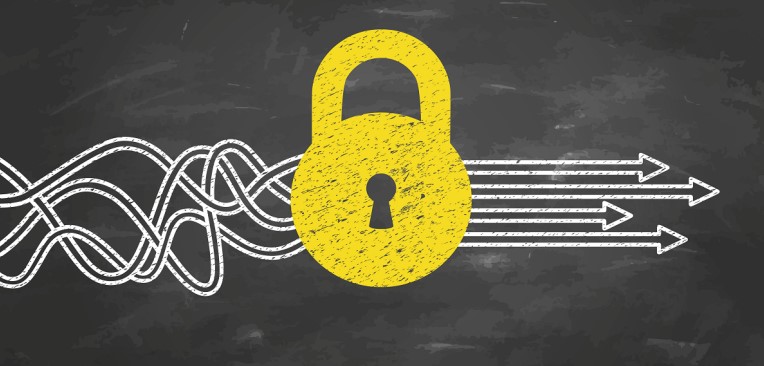Disaster Recovery: Leveraging Professional Consultants for a Smooth Road to Resilience
September 29, 2023

In the realm of cybersecurity, organizations must be prepared to face various threats, including natural disasters, system failures, or cyber-attacks that can lead to data loss and operational disruptions. A robust disaster recovery (DR) strategy is crucial to ensure business continuity and minimize the impact of these incidents. Engaging professional consultants with expertise in disaster recovery can greatly ease the process, helping organizations navigate the complexities and challenges associated with recovery efforts. In this blog post, we will explore the importance of professional consultants in disaster recovery and how they can contribute to a smooth road to resilience.
Understanding Disaster Recovery
Disaster recovery encompasses the processes and strategies in place to recover and restore critical systems, data, and operations after a disruptive event. It involves identifying potential risks, creating recovery plans, implementing backup solutions, and testing the effectiveness of those plans. Professional consultants with specialized knowledge and experience in disaster recovery can provide invaluable guidance and support throughout the entire recovery process.
The Role of Professional Consultants in Disaster Recovery
- Expertise in DR Planning and Strategy: Professional consultants bring in-depth knowledge and expertise in developing comprehensive disaster recovery plans tailored to an organization’s specific needs. They assess business requirements, identify critical systems and data, define recovery time objectives (RTOs) and recovery point objectives (RPOs), and design a roadmap for recovery. Consultants leverage their experience and industry best practices to ensure that the DR strategy aligns with the organization’s goals and regulatory requirements.
- Risk Assessment and Business Impact Analysis: Consultants conduct thorough risk assessments and business impact analyses to identify potential vulnerabilities and evaluate the potential impact of a disaster on critical business functions. They help organizations prioritize resources and recovery efforts based on the criticality and importance of different systems, applications, and data. By understanding the risks and impacts, consultants can assist in designing and implementing appropriate recovery measures.
- Technology and Infrastructure Guidance: Professional consultants provide guidance on the selection and implementation of technology solutions that support disaster recovery. They assess existing infrastructure, identify gaps, and recommend suitable backup and recovery solutions, such as cloud-based backups, redundant systems, or off-site data centers. Their expertise ensures that organizations have robust and scalable infrastructure in place to support recovery efforts effectively.
- Testing and Validation: Regular testing and validation of the disaster recovery plan are crucial to ensure its effectiveness. Consultants assist in designing and conducting simulated recovery exercises to identify weaknesses, refine processes, and validate recovery capabilities. They analyze the results, provide insights, and help organizations make necessary adjustments to improve the plan’s efficiency.
- Coordination and Communication: During a disaster recovery event, effective coordination and communication are vital for a successful recovery. Professional consultants can help organizations establish communication channels, define roles and responsibilities, and develop a crisis management framework. They act as a liaison between internal stakeholders, external vendors, and service providers, ensuring smooth collaboration and efficient execution of recovery plans.
- Continuous Improvement and Updates: Disaster recovery plans should be reviewed and updated regularly to adapt to changes in technology, business requirements, and emerging threats. Professional consultants provide ongoing support in evaluating the effectiveness of the plan, identifying areas for improvement, and ensuring that the recovery strategy remains aligned with the evolving needs of the organization.

Disaster recovery is a critical component of an organization’s resilience strategy. Engaging professional consultants with specialized expertise in disaster recovery can significantly ease the process and enhance the effectiveness of recovery efforts. From planning and strategy to technology guidance, testing, and continuous improvement, consultants bring valuable knowledge and experience to support organizations in navigating the complexities of disaster recovery. By leveraging their expertise, organizations can ensure business continuity, minimize downtime, and swiftly recover from disruptive incidents, thereby maintaining their competitive edge in the face of adversity.
Have Any Question?
Call or email Cocha. We can help with your cybersecurity needs!
- (281) 607-0616
- info@cochatechnology.com




